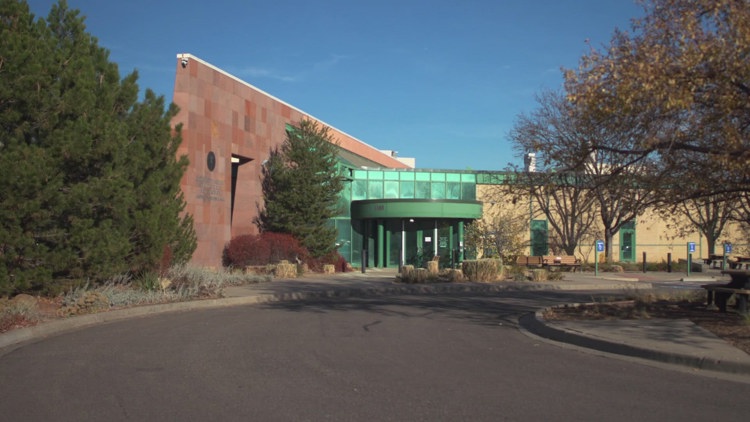[ad_1]

A Colorado Department of Public Health and Environment chemist altered data before uploading it into a computer, the state told the federal government.
DENVER — For years, the Colorado Department of Public Health and Environment’s leaders believe one of its chemists altered the results of drinking water tests, but the state did not catch the data manipulation until late 2023, and then CDPHE waited months to tell people.
The state believes its chemist manipulated data for drinking water tests since at least 2020. A spokesperson said these tests represent 3% of Colorado’s drinking water systems. As a result, the EPA has revoked the state’s certification to perform a number of tests, and CDPHE has recalled more than 7,000 test results.
CDPHE’s medical director told 9NEWS he does not believe the altered tests have caused an imminent health risk.
TEST RESULTS ALTERED
At the CDPHE lab, before a chemist tests what metals might be in drinking water, they need to make sure their testing device works. After testing the water, the chemist needs to make sure their device is still working.
“You want to make sure it’s giving you the right answer before you start, and then you assume if it’s still giving the right answer after you’ve analyzed all those samples, that means it was giving you the right answer the whole time,” MSU Professor Dr. April Hill told 9NEWS. “So it lends some trustworthiness to the answers you get for the unknown samples.”
If the quality control tests fail, Hill says they cannot be ignored.
“You can run it again, but if you’re still not getting the right answer that tells you something’s wrong with your instrument and ideally what you need to do is stop your analysis, figure out what’s wrong, fix it, and then you can try again,” Hill explained.
Instead of trying to fix the problem, CDPHE told the EPA its chemist would solve the issue by just taking results from a different quality control test.
“As a scientist, that one hurt,” Hill said. “From the day that students step into a general chemistry lab, their first day of college as a science major they are taught that you do not cherry pick your data, you do not decide you don’t like it and throw it away, and you cannot take data from two tests, mash it together, and act like it passed that test.”
Hill says she will use this situation as a real-world example with her students next semester.
HOW DATA GOT ALTERED
CDPHE’s chemist was running water tests on a device not connected to the internet. The chemist needed to export data onto a thumb drive, and then manually enter it onto a computer.
“That leaves some room for mistakes, or as the case may be, fiddling with the data before you upload it,” said Hill.
CDPHE identified issues with the chemist years ago, but never fixed the issues.
The chemist retired in May.
“I must address the recent allegations that have arisen,” the chemist wrote in a retirement letter dated May 17, two days after she was notified of a disciplinary process. “While I maintain my innocence and believe in the importance of due process, I also recognize the potential impact of these on the company’s operations and reputation. In light of this, I have chosen to retire to allow the company to move forward without distraction.”
CDPHE’s report to the federal government identified issues like the older equipment, the need to manually upload data, and tighter testing deadlines.
“I understand the stress of trying to meet a deadline, as a scientist that is cardinal sin number one. We do not do that (changing data). And I cannot imagine any scientist actually believing that is okay,” she said.
[ad_2]
Source link




